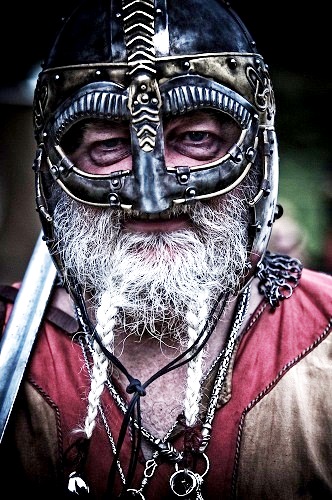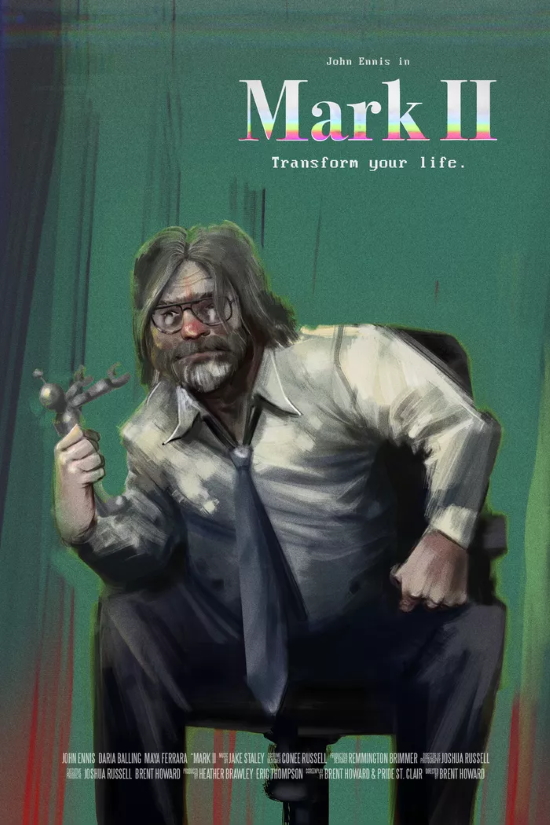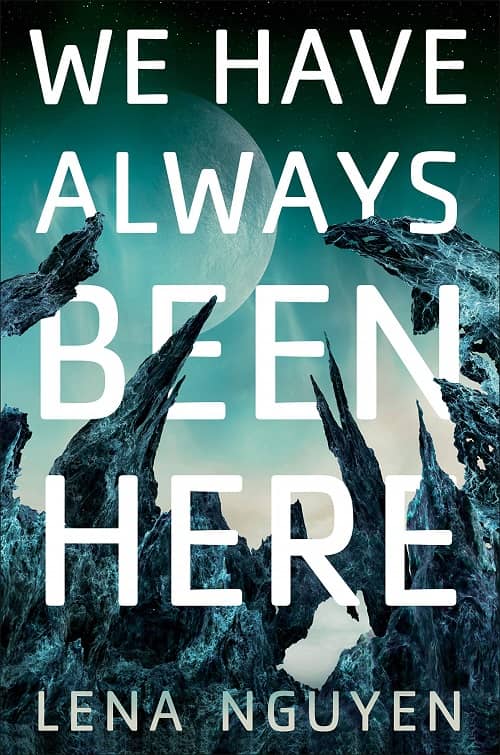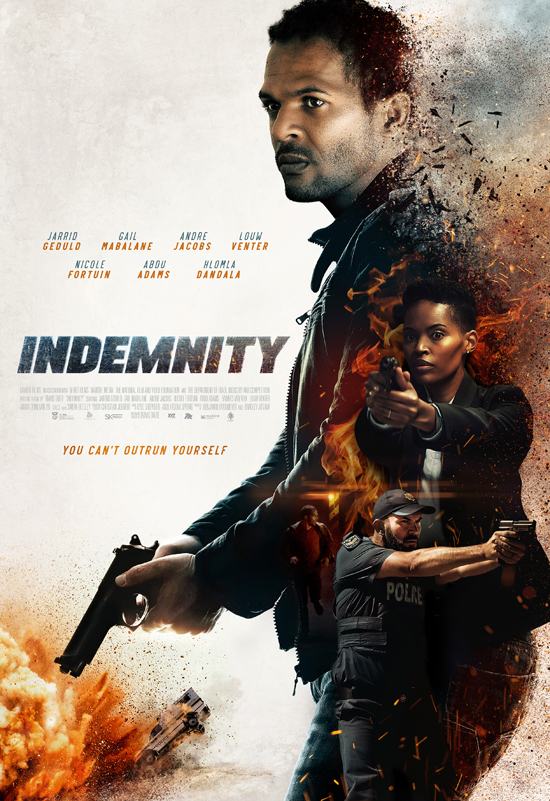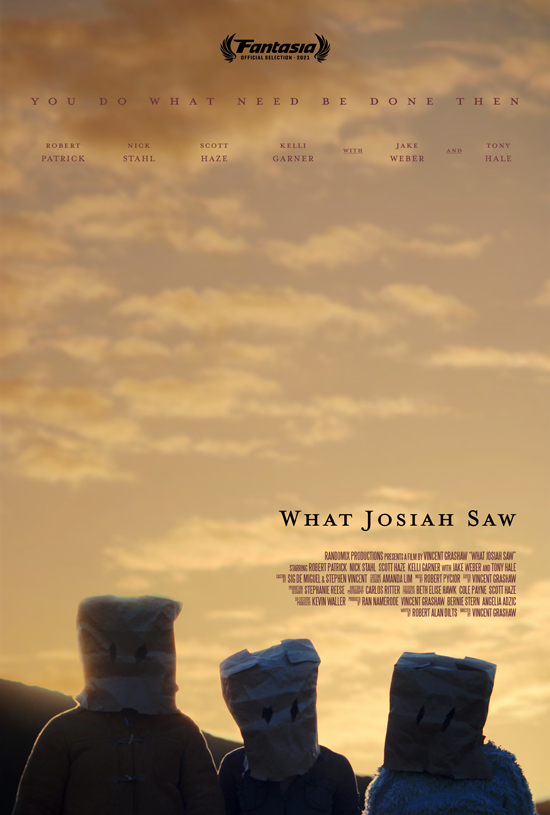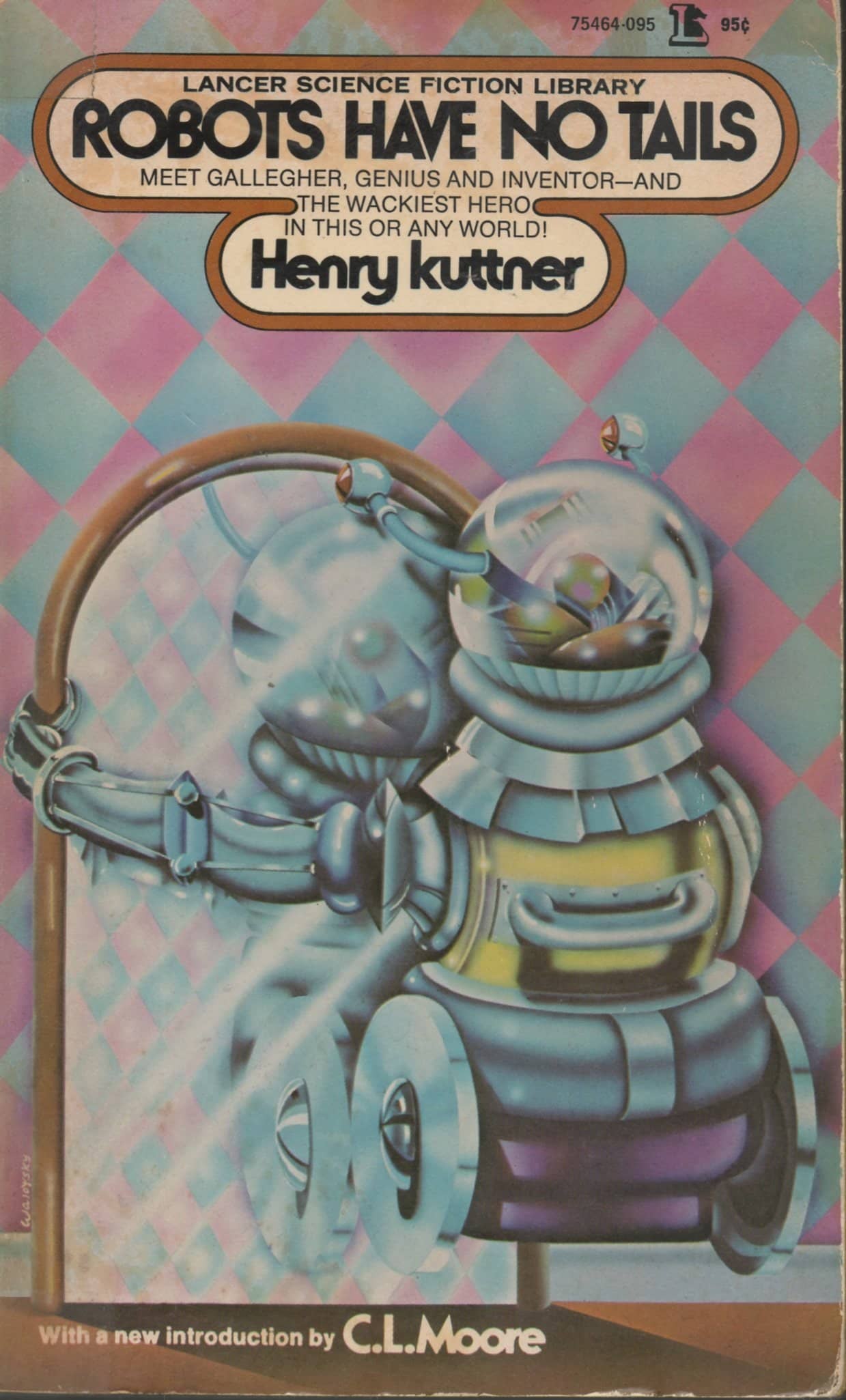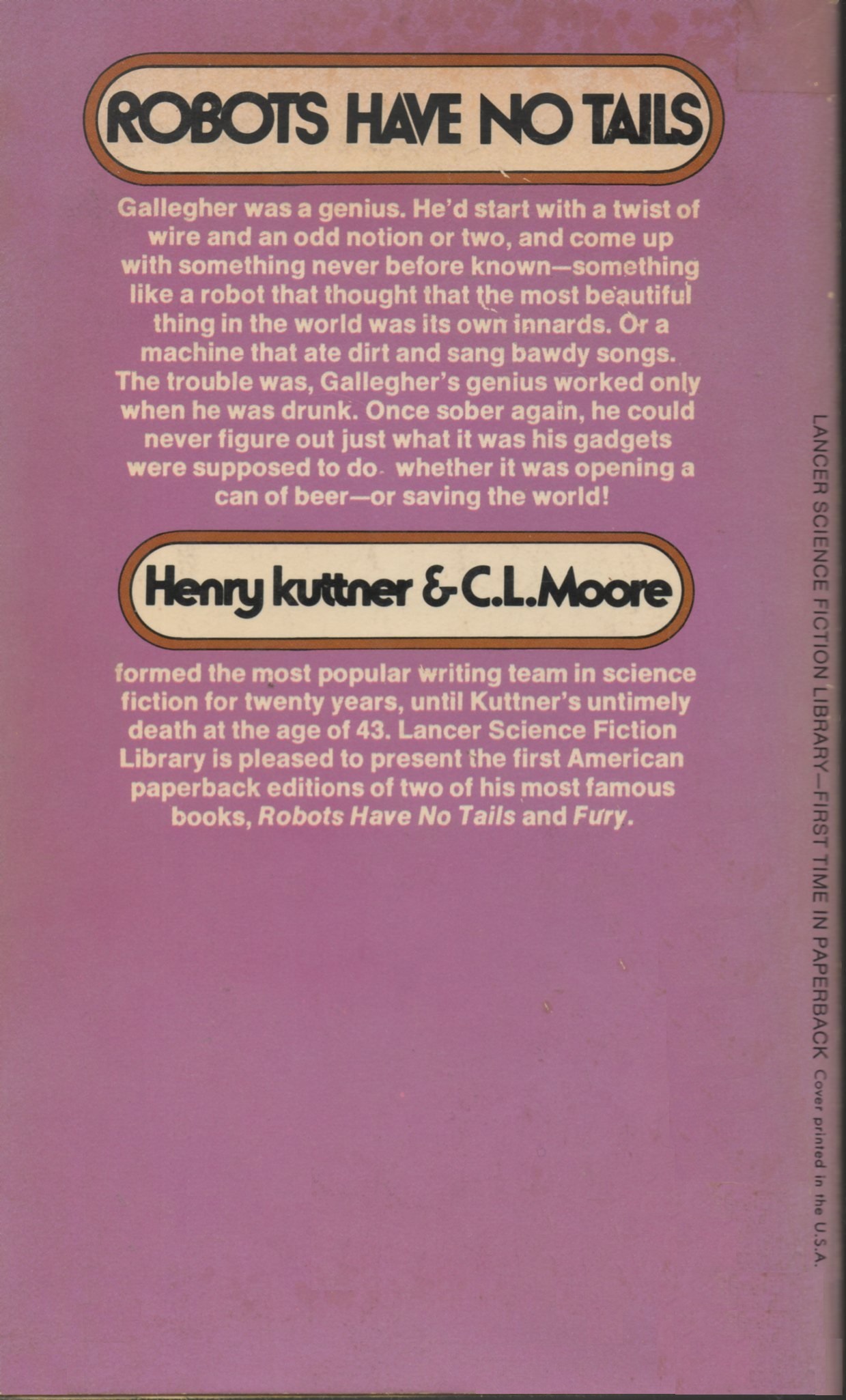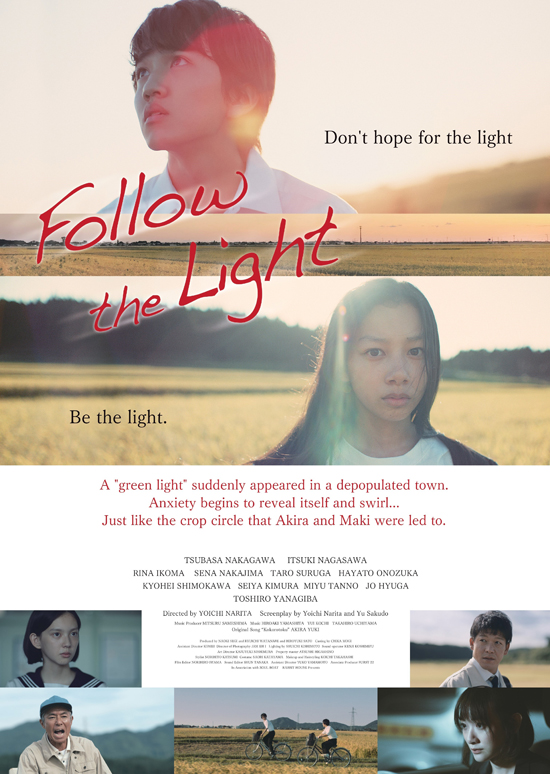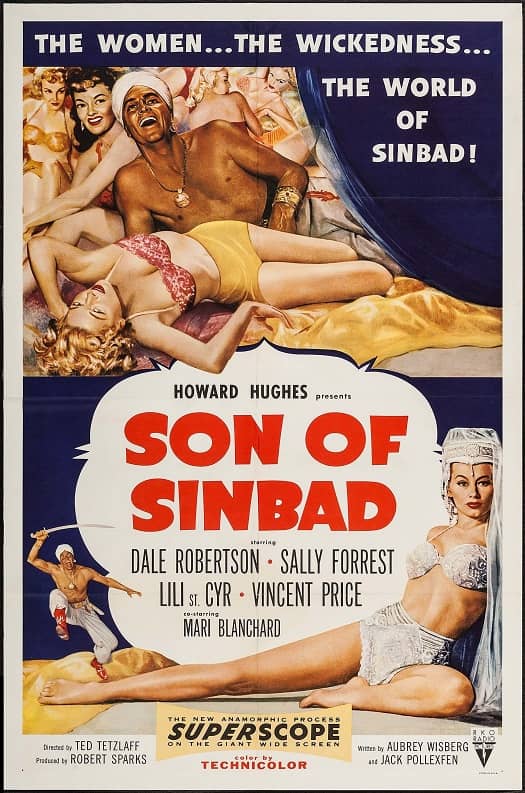Ghosts of the Past, Ghosts of the Present: December Tales, edited by J.D. Horn
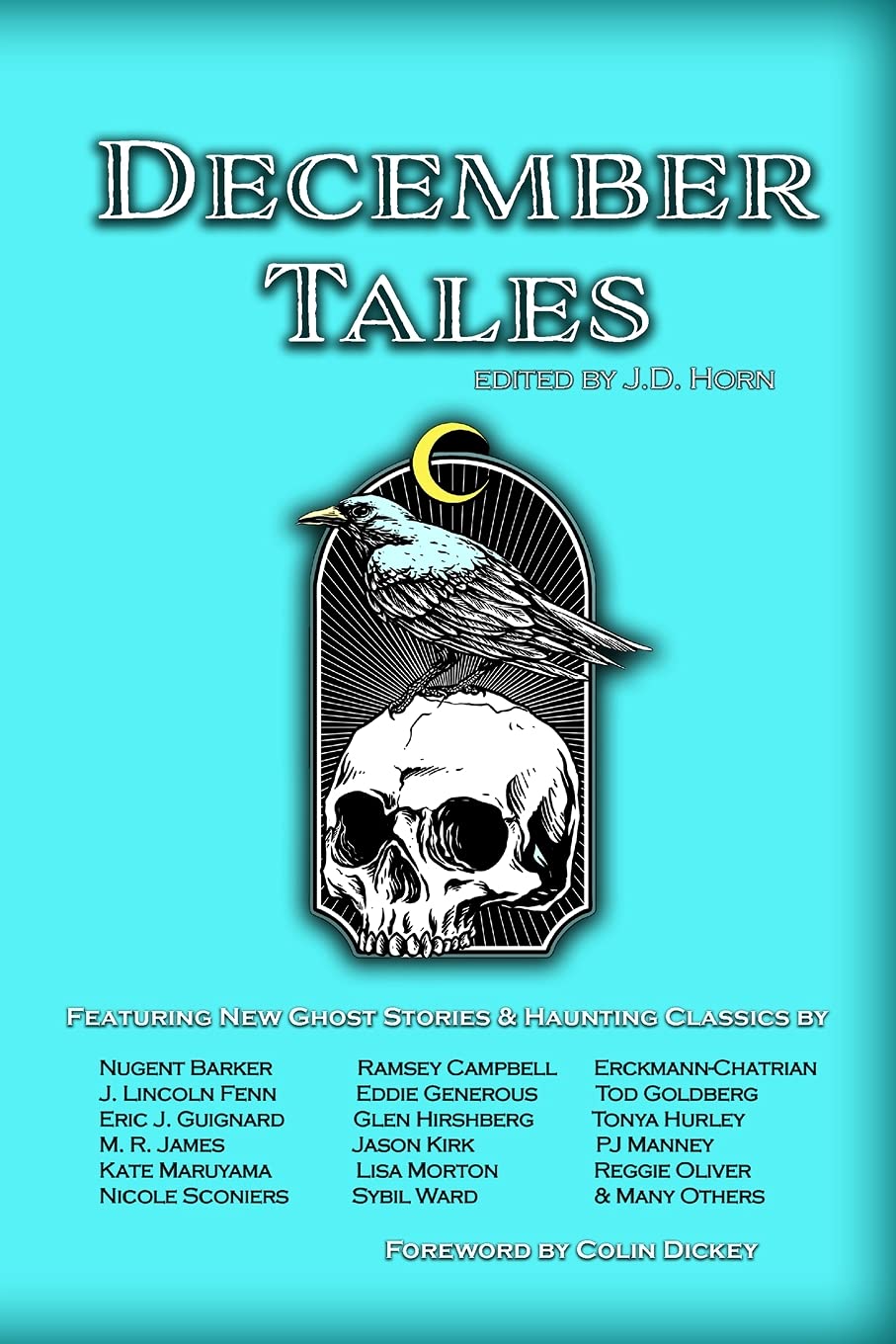 |
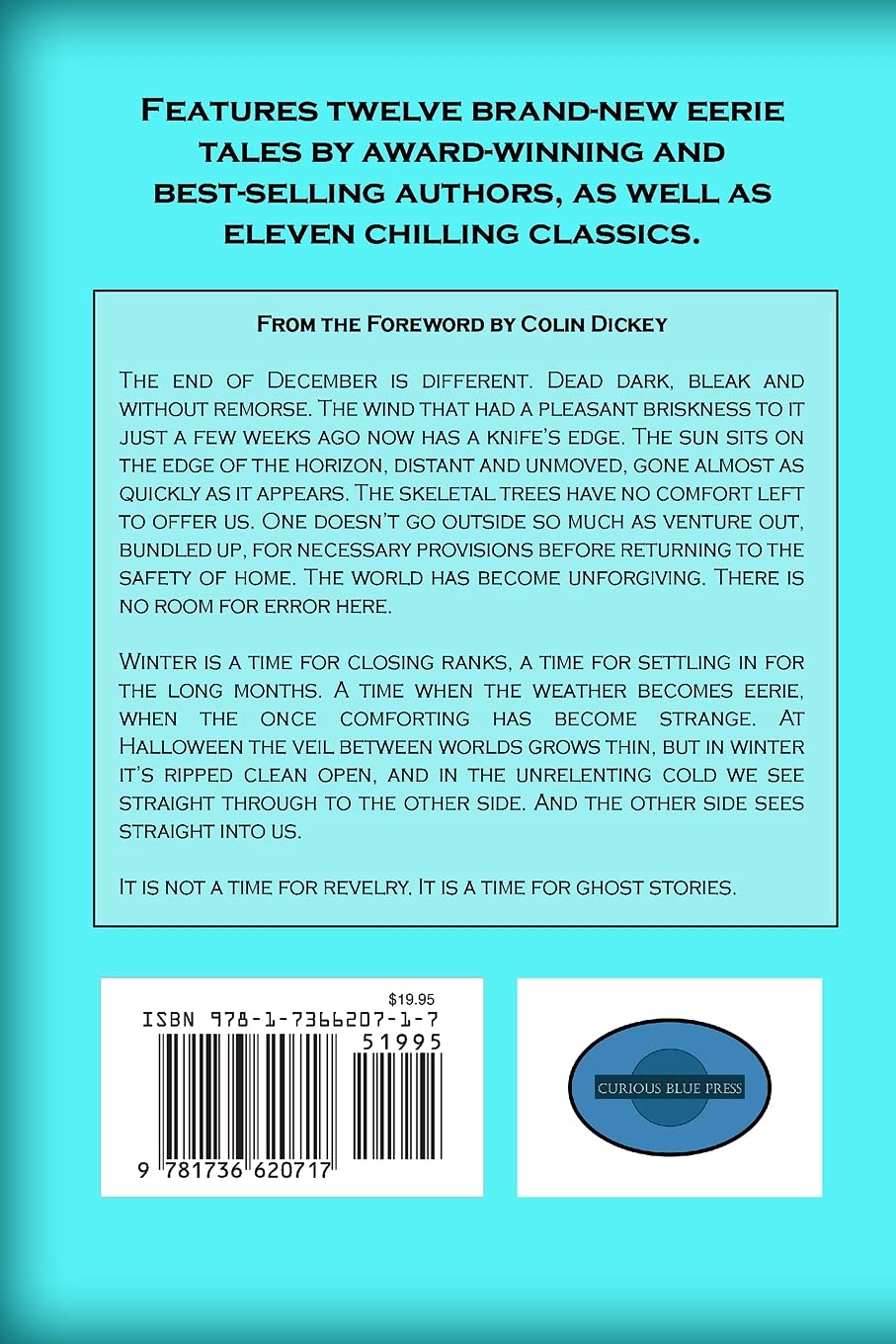 |
December Tales: A Collection of New and Classic Ghost Stories
Edited by J.D. Horn; Foreword by Colin Dickey
Curious Blue Press (468 pages, $19.95 paperback/$5.95 digital formats, September 28, 2021)
The title of the present anthology refers to the tradition of telling ghost stories at Christmas time, a tradition enforced by Charles Dickens, who not only wrote the famous “A Christmas Carol” but also edited Victorian era magazines regularly featuring ghost stories in their Christmas issues.
Truth be told, ghost stories are now available throughout the year and, fortunately, modern writers are still devoted to the genre.
Editor J.D. Horn has developed the brilliant idea of assembling in one volume both classical ghostly tales from various parts of the world and brand new stories by contemporary authors.
